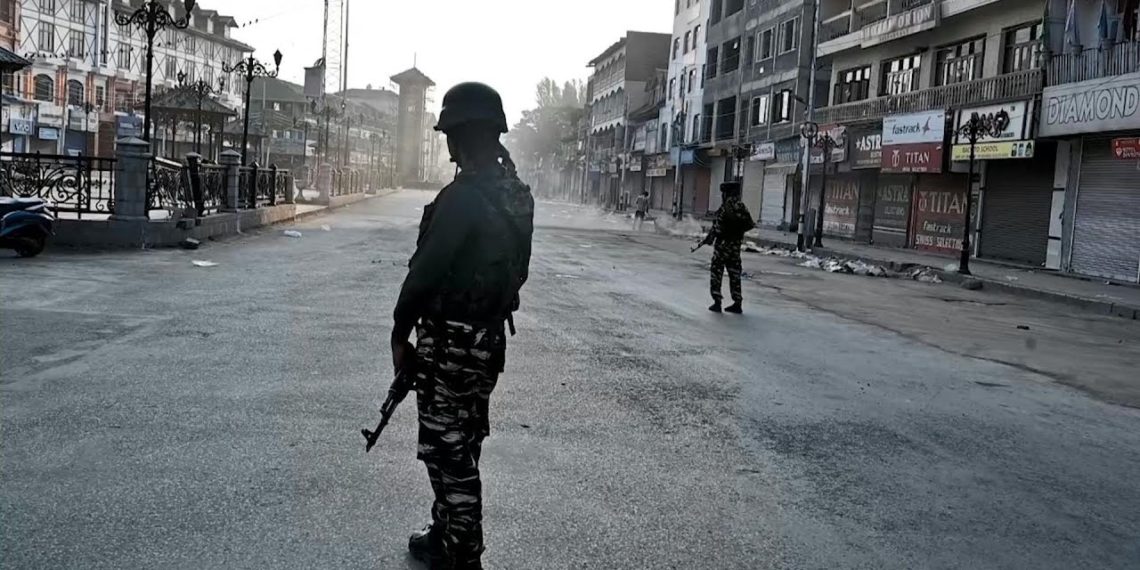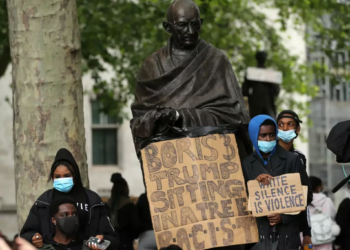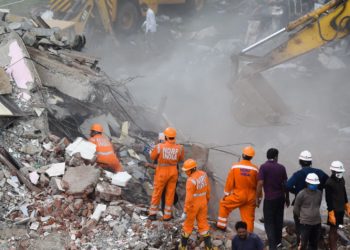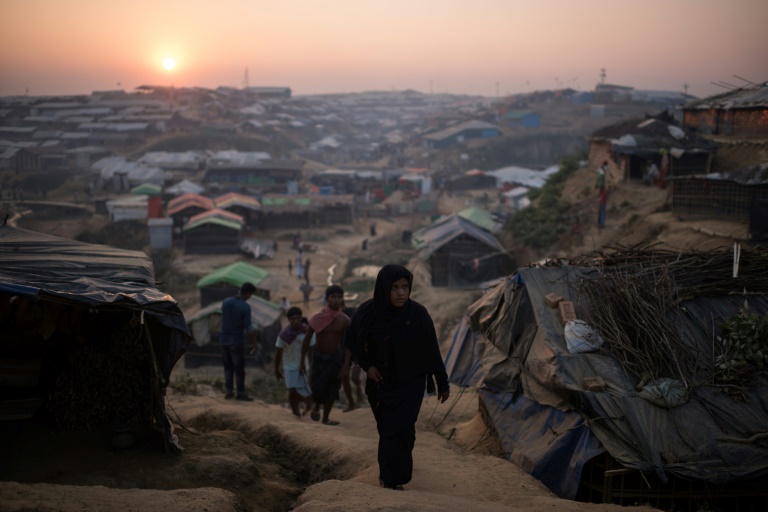The Indian government, ruled by a right-wing Hindu nationalist outfit, is trying to convince the global community that the revocation of Kashmir’s autonomy is needed to pave the way for development and rooting out the region’s nepotism and terrorism. In reality, however, the move is the culmination of a plan put into motion by India’s first prime minister seven decades ago. For the people in Kashmir, a Muslim majority state, India’s move aggravates their longstanding and grounded fear of settler colonialism and its attendant cultural imperialism.
India’s ruling party, with grip on both houses of the parliament, annulled not just Kashmir’s quasi-sovereign status, but demoted and split the state, adding insult to injury. In an undemocratic and unconstitutional move, the government of Prime Minister Narendra Modi indirectly amended the Indian constitution allowing them to negate consent from the Kashmiri legislature.
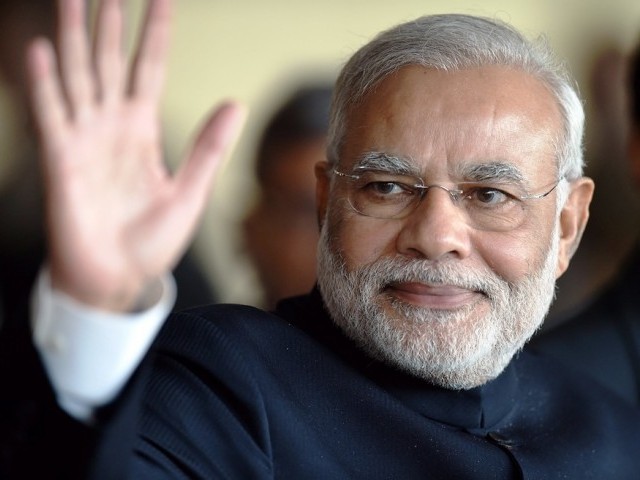
Modi said the Indian nation took the decision as a “family.” The only parallel of such a family is toxic patriarchal hell with no regard for rights and consent. Kashmiris have been under curfew and an unprecedented communication blackout while their future is being decided.
If this is about their development, then why are Kashmiris caged rather than celebrating on the streets? The answer does not lie in the red herring argument of development, as the region shows high growth in critical areas. The answer instead lies in India’s neocolonial imperialist hegemony over the region.
Struggle over Kashmir’s Autonomy
The saga of Kashmir’s autonomy began in 1947. The region was a princely state with a Muslim majority ruled by a despotic Hindu monarch. At the time of the partition of British India into India and Pakistan, most Kashmiris wanted independence. The British partition plan, however, only allowed the option of India or Pakistan, whose competing claims on the region ended in a war.
A U.N. arbitration resulted in a ceasefire and bifurcation of the region until a plebiscite would be held. Instead of a referendum, India especially began pursuing aggressive integrationist policies. Wary of the deep-rooted nationalism of the masses, India engineered an arrangement with a section of Kashmiri leadership granting the region autonomy. This was a temporary arrangement until the plebiscite was held, but the government of India had no intention to ever hold such a vote.
India employed its executive, judicial, and legislative powers to eviscerate Kashmir’s autonomy, expecting full integration down the road. Modi’s disregard for India’s own constitutional mechanisms and the protections for indigenous people’s rights is nothing new for Kashmiris, but Modi’s method is different in being the ultimate spectacle of military and constitutional annexation to strike terror into the hearts of Kashmiris. It is obvious that Indians are united in the project of forcible occupation and integration of Kashmir through all means possible.
Imperialistic
A large number of Kashmiri resistance leaders, civil society activists, even India’s own collaborators have been arrested. The Indian government claims that full integration of Kashmir would be best for the region, even if against the wishes of its people. This is as imperialistic as it can get.
Getting away with the facade of a development-fixated-largest democracy sitting atop a huge market has enabled India to invisibilize its military occupation inside Kashmir. It also gets away with the violence that Hindu supremacist terrorists have unleashed on Muslim, Dalit, and other marginalized people in India. That Kashmir is the largest Muslim majority state which has been stripped of power and ripped into parts is not a coincidence. Fears of demographic changes are real for Kashmiri Muslims.
Today the people of Jammu & Kashmir who reposed their faith in institutions of India like parliament & Supreme Court feel defeated & betrayed. By dismembering the state & fraudulently taking away what is rightfully & legally ours, they have further complicated the Kashmir dispute
— Mehbooba Mufti (@MehboobaMufti) August 5, 2019
Major newspapers across the globe have denounced India’s government undemocratic tactics. There is a growing recognition that the Kashmir issue is not a mere territorial dispute between the two countries but that Kashmiris and their political demands are central.
Dejected by India flouting U.N. resolutions and constitutional protections to their territorial sovereignty, it is only a matter of time that the anger brewing in Kashmir will burst. Kashmir has become an even bigger ticking time bomb; and when it goes off, it will be the direct result of India pushing Kashmiris into the final corner and the international community staying silent.
Disclaimer: The views and opinions expressed here are those of the author and do not necessarily reflect the editorial position of The Globe Post.

